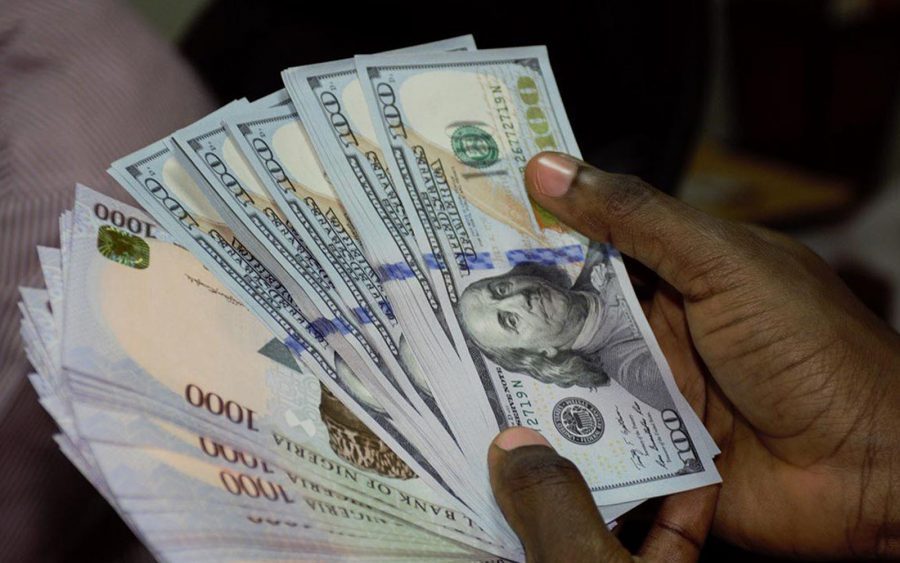Business
Dollarization Will Bite Back—IMF Warns Nigeria

The International Monetary Fund (IMF) has issued a warning that Nigeria’s dollarization is difficult to reverse as the country struggles with a collapsing native currency and soaring inflation.
In a recently published paper titled “Digital Money and Central Banks Balance Sheet,” the IMF issued the caution.
The IMF observed in the report that in times of high and ongoing inflation, market players often choose to hold dollars as a form of self-protection.
Nigeria’s alarming tendency of dollarization The IMF also stated that the majority of economies favor the use of the dollar in international trade and financial invoices. However, Nigeria’s dollarization levels offer cause for concern due to the rapid rate of dollar scarcity and rising inflation.
The Washington-based multilateral lender’s report contained the following, in part:
“Most economies operate with a foreign exchange (FX) (e.g., the dollar) bias for international trade and finance invoicing. Additionally, banking systems in many developing economies are bi-monetary.
“A bi-monetary system embodies the failure to conduct monetary policy effectively, i.e., secure price stability, efficient payment systems, and well-functioning financial markets (including long-run financial contracts at comparatively low nominal interest rates). Particularly, under high and persistent inflation, market participants defend themselves by shifting to FX.”
It’s hard to reverse a bi-monetary system the IMF cautioned stating the difficulty in reversing such.
“Once a country gets used to a bi-monetary system, the process is not easy to reverse, even when the initial trigger (e.g., high inflation) subsides, a phenomenon known in the literature as hysteresis. The optimal choice between domestic currency vs FX will depend on the monetary framework and the benefits each may offer as they co-exist as two currencies.
Financial dollarization (FD), or asset substitution, is the most prevalent type of dollarization and is brought on by the weak performance of the local currency. In accordance with Gresham’s rule, the dollar has largely replaced the local currency as a saving asset or store of value.
It restricts the exchange rate’s influence as well. In addition, a bi-monetary system restricts the exchange rate’s ability to act as a shock absorber because real dollarization implies a high pass-through rate from exchange rate depreciation to inflation, according to the IMF research.
“Financial dollarization creates currency mismatches and liquidity risks for the financial system and the economy as a whole. Therefore, the exchange rate amplifies negative external shocks rather than absorbing them.
Both real dollarization and financial dollarization, according to the IMF, put monetary transmission mechanisms in danger because it is challenging to anchor inflation expectations with a weak interest rate channel.
Financial instability brought on by financial dollarization would need to be handled with the help of policy measures like a central bank FX reserve accumulation and accompanying regulation.
Nigeria’s currency issues and rising inflation: In September 2022, Nigeria’s inflation rate increased to 20.77% from the previous month’s figure of 20.52%. The annual food inflation rate in September 2022 increased from the 23.12% noted the previous month to 23.34%.
The National Bureau of Statistics states that the interruption in the country’s food supply, the rise in import costs as a result of the sinking currency, and the general increase in production costs may be to blame for the country’s rising inflation rate.
On the black market, the exchange rate between the naira and the US dollar has fallen to N800/$1 while it has appreciated to N441.13/$1 at the importer and exporter window (I&E) official window.